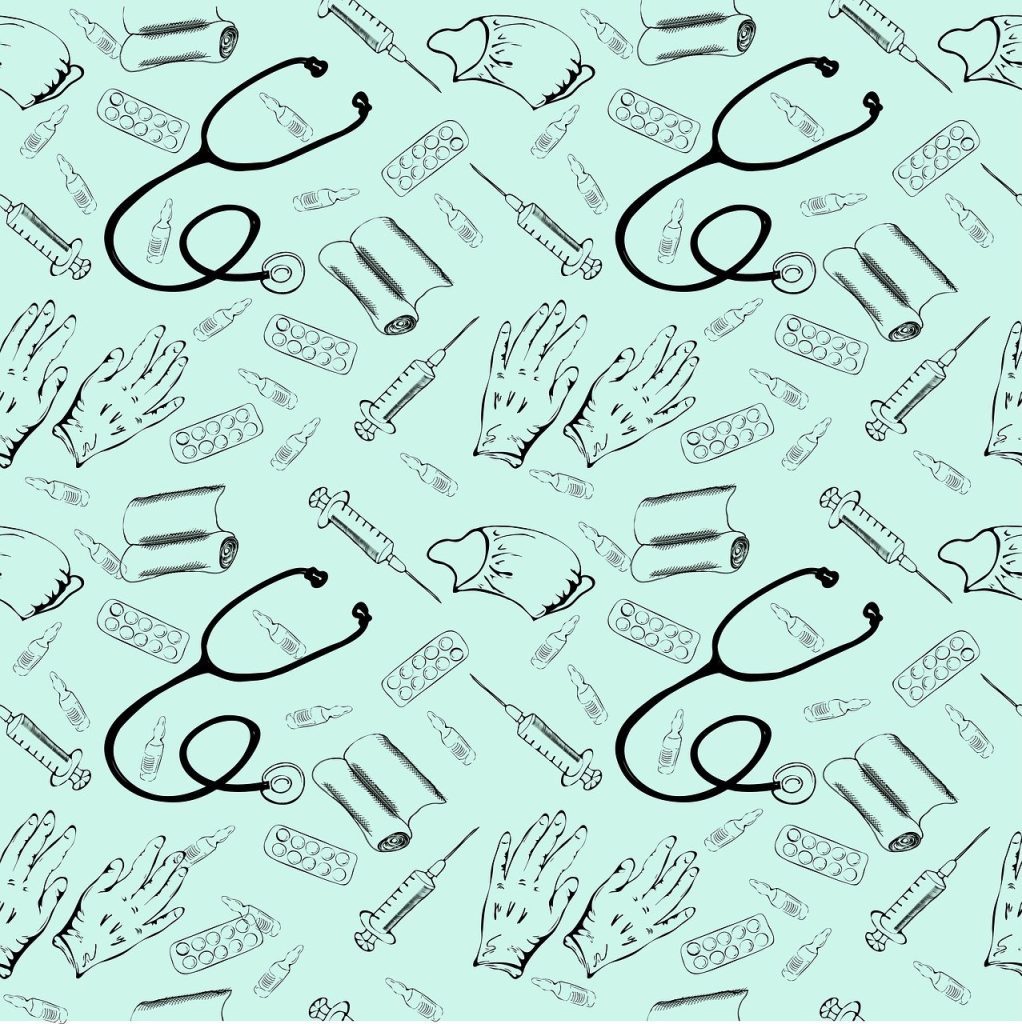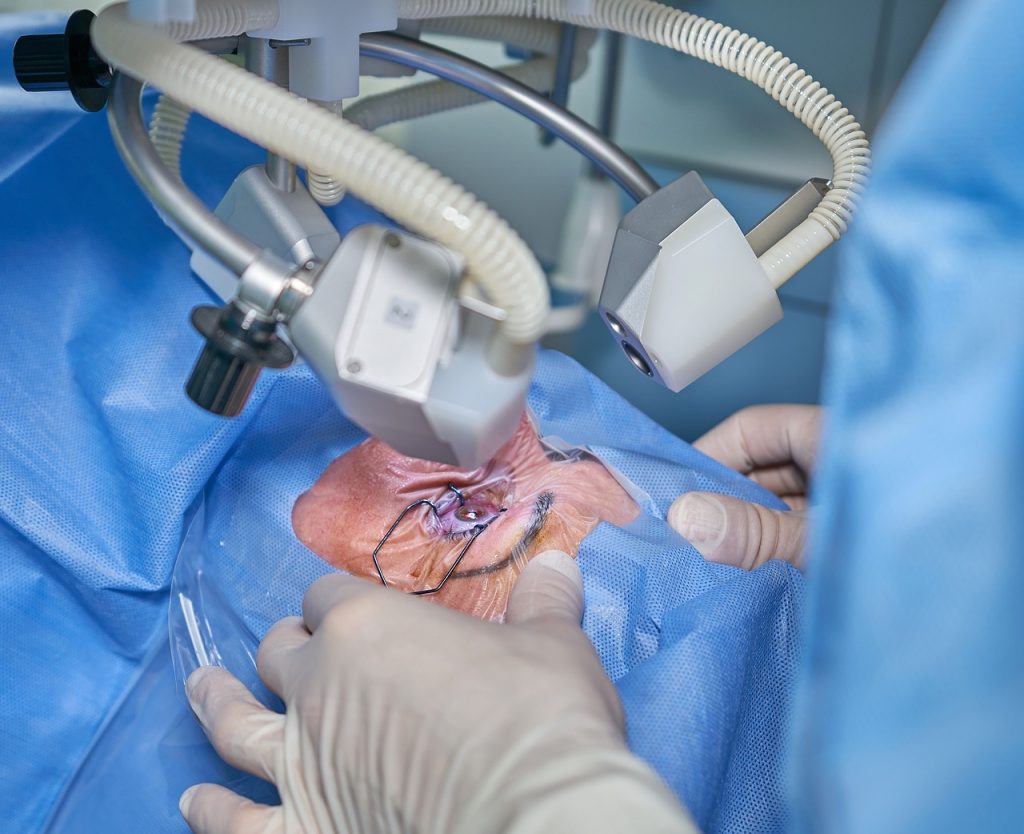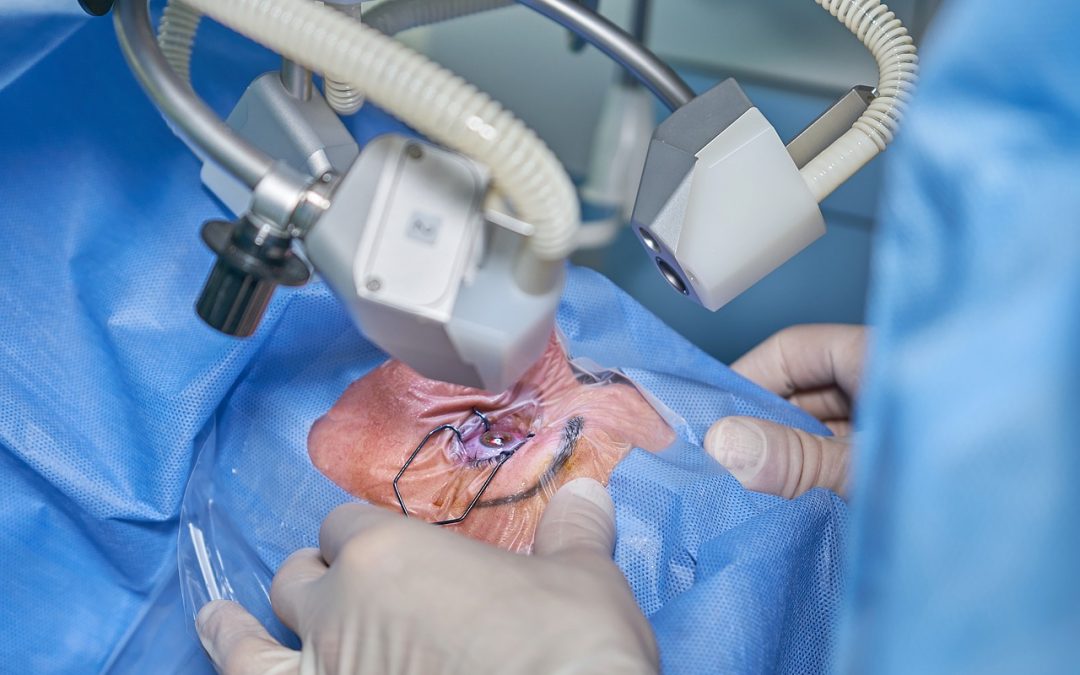When preparing for your surgery, it’s important to choose the right clothing to wear to the clinic. Opt for loose, comfortable clothing that is easy to put on and take off, such as sweatpants and a button-down shirt. Avoid tight clothing and choose footwear that is easy to slip on and off. Remember to dress in layers in case the waiting room is too warm or too cold. By choosing the right clothing, you can ensure a comfortable and stress-free experience on the day of your surgery. What Clothing Should You Wear To The Clinic On The Day Of The Surgery?
Have you been wondering about what clothing would be appropriate to wear to the clinic on the day of your surgery? It’s essential to dress comfortably and appropriately for your procedure to ensure a smooth and stress-free experience. Let’s dive into some tips and guidelines to help you choose the right attire for your surgery day.
Comfort is Key
When it comes to selecting the right clothing for the day of your surgery, comfort should be your top priority. You want to wear something that is loose-fitting, soft on your skin, and easy to put on and take off. Think about what will make you feel most at ease during this time.
Opt for Loose and Breathable Fabrics
Choose clothing made from breathable fabrics such as cotton or linen that will allow your skin to breathe and won’t irritate any incisions or wounds. Avoid tight-fitting garments that may restrict your movement or cause discomfort during your surgery.
Consider Front-Opening Tops
Front-opening tops, such as button-down shirts or zip-up hoodies, are great options for easy removal and convenience post-surgery. They allow healthcare providers access to your chest or abdomen without having to lift your clothes over your head, reducing strain on your body.
Avoid Jewelry and Accessories
On the day of your surgery, it’s best to leave your jewelry and accessories at home. Not only can jewelry get in the way during the procedure, but it can also interfere with medical equipment and cause complications. Keep it simple and opt for minimal accessories.
Remove Piercings
If you have any body piercings, be sure to remove them before heading to the clinic for your surgery. Metal objects can interfere with certain medical procedures, such as imaging scans or surgery, so it’s best to take them out beforehand.
Avoid Perfumes and Lotions
Avoid wearing perfumes, lotions, or scented products on the day of your surgery. Some people may have allergies or sensitivities to strong scents, and the last thing you want is to trigger a reaction during your procedure. Stick to clean, unscented skin care products to be safe.

Choose Slip-On Shoes
When it comes to footwear, opt for slip-on shoes that are comfortable and easy to put on and take off. Avoid shoes with laces or buckles that may be difficult to manage immediately before or after your surgery. You’ll want to be able to slip them on and off with minimal effort.
Select Closed-Toe Shoes
Closed-toe shoes are ideal for the clinic environment as they provide more protection and support for your feet. Choose a pair of comfortable sneakers, flats, or loafers that will keep your feet secure and stable throughout your surgery day.
Consider Non-Slip Soles
If possible, opt for shoes with non-slip soles to prevent any accidents or falls on slippery clinic floors. You’ll want to prioritize safety and stability when it comes to your footwear choice for the day of your surgery.
Layering for Comfort and Versatility
Layering your clothing can provide you with both comfort and versatility on the day of your surgery. Make sure to wear easily removable layers that can be adjusted based on the clinic’s temperature and your personal comfort level.
Bring a Light Jacket or Sweater
Consider bringing a light jacket or sweater with you to the clinic in case you get cold during your stay. Hospitals and clinics can sometimes be chilly, so having an extra layer to keep you warm is a good idea.
Wear Comfortable Pants or Leggings
Opt for loose-fitting pants, leggings, or sweatpants that are easy to put on and take off, especially if you’ll be recovering from surgery in a gown. Comfortable bottoms that are not too tight or restrictive will help you feel more at ease throughout your procedure.

Dressing for Specific Types of Surgery
Depending on the type of surgery you’re having, there may be additional considerations when choosing your attire for the day. Let’s explore some specific recommendations for different types of surgeries.
Abdominal Surgery
For abdominal surgery, it’s important to wear clothing that won’t put pressure on your abdomen and incision site. Choose loose-fitting bottoms and tops that won’t constrict your stomach or waist. Elastic-waist pants or skirts are great options for this type of surgery.
Shoulder Surgery
If you’re undergoing shoulder surgery, consider wearing loose-fitting tops that can be easily removed without causing discomfort or strain on your shoulder. Opt for button-down shirts or zip-up hoodies that won’t require you to lift your arms overhead.
Knee Surgery
For knee surgery, focus on wearing pants or shorts that can be easily pulled up and down as needed. Avoid tight-fitting bottoms that may be difficult to manage post-surgery. Comfort and ease of movement are key when it comes to dressing for knee surgery.
Pack a Comfort Kit
In addition to choosing the right clothing for your surgery day, consider packing a comfort kit to help you feel more at ease during your stay at the clinic. Having a few essentials on hand can make a big difference in your overall comfort and well-being.
Include Personal Care Items
Pack personal care items such as a toothbrush, toothpaste, lip balm, and hand sanitizer to keep yourself feeling fresh and clean throughout your surgery day. These small comforts can make a big difference in how you feel.
Bring Entertainment and Distractions
Consider bringing along a book, magazine, tablet, or music player to help pass the time and keep yourself entertained during the waiting periods before and after your surgery. Having distractions can help alleviate any anxiety or nerves you may be feeling.
Don’t Forget Snacks and Hydration
Pack some light snacks such as crackers, granola bars, or fruit to keep your energy up during your surgery day. Hydration is also important, so don’t forget to bring a water bottle to keep yourself hydrated throughout your stay at the clinic.

Summary
Choosing the right clothing for the day of your surgery can make a significant difference in your comfort and overall experience. Remember to prioritize comfort, convenience, and ease of movement when selecting your attire. Dress in loose-fitting, breathable fabrics, opt for slip-on shoes, and avoid jewelry and accessories. Layering your clothing and packing a comfort kit with essential items can help you feel more at ease during your surgery day. By following these tips and recommendations, you can ensure a smoother and more comfortable experience on the day of your surgery.

